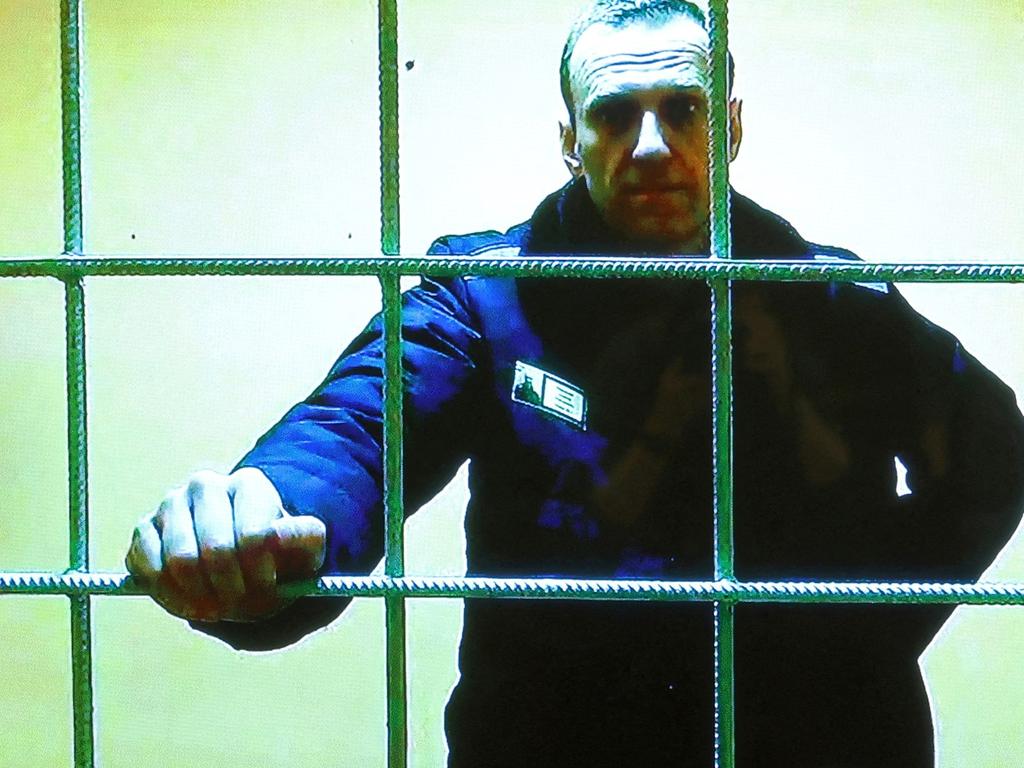Good, bad and ugly on display as billions vote this year


In Australian terms, that’s billions of democracy sausages and a whole lot of onions. Is it a sign of a growing trend to a free expression of political will?
Well, not really. Of the 58 countries that are due to hold parliamentary or presidential elections this year, most are autocratic or what the political scientists describe as “hybrid regimes” – bearing elements of autocracy combined with democratic measures like having the occasional dodgy election.
Two elections have already been run and won in 2024. Taiwan held its presidential, vice-presidential and legislative elections on January 13. The ruling Democratic Progressive Party lost 10 seats and its majority in the 119-seat Legislative Yuan but the party’s presidential candidate, William Lai (Lai Ching-te), won the election and will be sworn in later this year.
By any metric, Taiwan is an open, free and fair democracy. Australia’s Department of Foreign Affairs and Trade issued a statement that congratulated Lai on his victory and Taiwanese electoral authorities.

On the other side of the democracy coin is Bangladesh, which held a general election on January 6. The ruling Awami League won the election with 76 per cent of the vote but the main opposition parties boycotted the election because of what they described as active repression. Voter turnout was less than 40 per cent. The US Department of State determined the election was neither free nor fair.
Elections are often a means of providing a sheen of democracy to a sitting government that is anything but.
Azerbaijan will hold its first presidential election in seven years on February 7. There are no prizes for tipping the President of the oil-rich country since 2003, Ilham Aliyev, will be re-elected with yet another landslide win. At the 2018 election, former Liberal backbencher Craig Kelly visited Azerbaijan as an election observer. Kelly came away oddly impressed. In comments to Azerbaijan media, Kelly said he had observed a “coherent, democratic process” and “an election organisation that surpassed Australia’s experience”.
Aliyev won the 2018 election gaining 86 per cent of the vote. Genuine opposition parties had boycotted the election. At least on that occasion the triumph was not tarnished, as it had been in 2013, when Azerbaijani electoral authorities released the result of the 2013 election without a vote being cast in what was described, without any apparent embarrassment, as a “technical mistake”.

Russia will hold its sixth presidential election in March with a host of nobodies and sycophants nominating to stand against Vladimir Putin, leading to comfortable predictions of his re-election by somewhere between 80 and 85 per cent of Russia’s voters amid a further surge in business for Moscow’s glaziers.
But the winner of the global sham election contest goes to the Kims in the Democratic People’s Republic of Korea.
In 2009 Kim Jong-un’s dad, Kim Jong-il, went to his much put upon people in the middle of a famine that took the lives of more than 10 per cent of the hermit nation’s 25 million people. Kim won 99.99 per cent of the vote, a difficult feat considering the official records showed only 99.98 per cent voted.
Just who voted against Kim remains a mystery as that 0.01 per cent of eligible North Korean voters were unavailable for comment.

Continuing the “why bother” theme, North Korea will hold more elections at some date yet to be fixed this year. Possibly. Give or take a year or two. Voting is compulsory but only one name appears on any ballot paper. The upside is that informal voting doesn’t exist. Only one box to tick.
What should be of great interest to Australians is the presidential election in Indonesia. Indonesia’s fledgling and sometimes fragile democracy will be put to the test on the second Wednesday in February.
Incumbent President Joko Widodo, popularly known as Jokowi, is ineligible to run because of term limits in the Indonesian constitution. Defence Minister and retired lieutenant-general Prabowo Subianto, with some murky history in East Timor and West Papua, is the favourite to replace Jokowi.

The mother of all elections is in India, a logistic nightmare spread over April and May. In 2019, more than two-thirds of India’s 920 million registered voters cast a ballot in what was a landslide win for the BJP and Narendra Modi.
In the US, Donald Trump is the Vegas favourite to win the November election but early head-to-head polling (no great predictor of the final result) has Nikki Haley further ahead of Joe Biden than Ron DeSantis and Trump, who leads the incumbent by less than a point.
Down ballot, the likelihood is the Republican Party will regain its Senate majority but lose its majority in the house, a swings and roundabouts tilt at legislative dysfunction.
Australia is out of the 2024 national election loop. But in August there will be a brief flurry of campaigning when Northern Territorians load up the dogs, the shotties and a carton or two of the sponsor’s product to keep them hydrated at the ballot box.
Two months later the ACT heads off to the polls in an exercise that may better be determined with a glance of a colour chart somewhere between emerald and viridian.
A week later, the barbies will fire up at polling stations around Queensland, where a government at the butt end of its life comes up against a resurgent LNP in what promises to be a precursor to the next federal election in the following year.
Above all the year promises to be springtime for punditry, a boon for pollsters, with a little totalitarianism and the odd coup d’etat thrown in for good measure.







Democracy is on the ballot where more than half the world’s voting-age population is expected to vote at some stage this year.